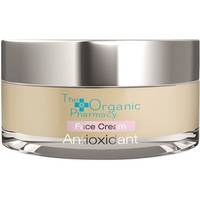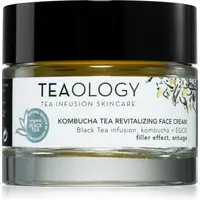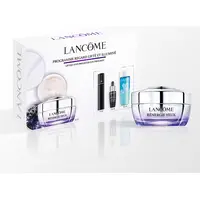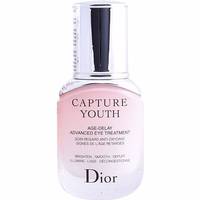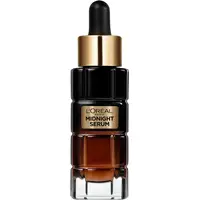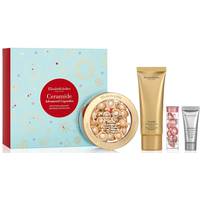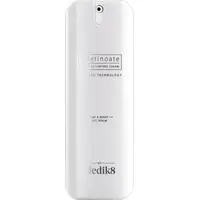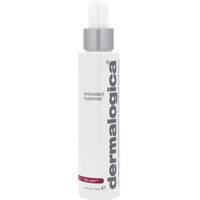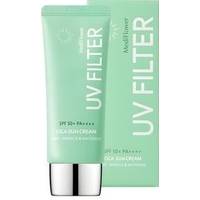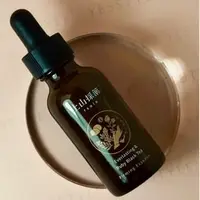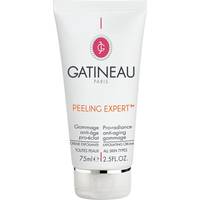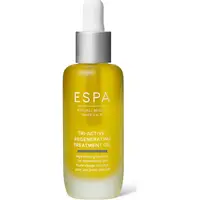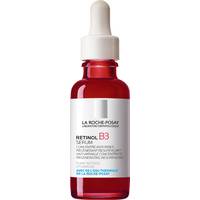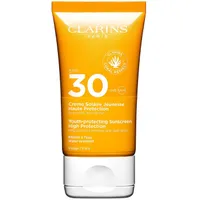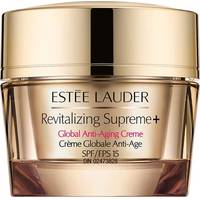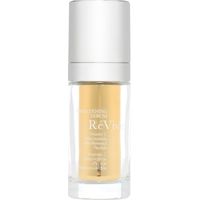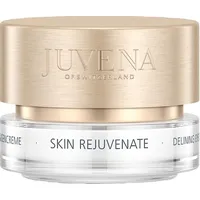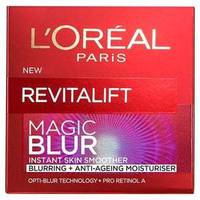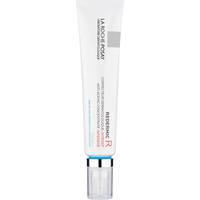Description
INGREDIENTS: Mangifera indica Seed Butter, Hydrogenated Jojoba oil, Zinc oxide (Non nano),Vitis Vinifera (Grape) seed oil, Rubus Idaeus Seed oil,Hemisqualane,Maranta Arundinacea- Arrowroot powder,Cetyl Alchohol,Caprylic/capric Triglyceride- Laminaria Ochroleuca extract. Sunscreen is an important part of a complete sun protection strategy. Men, women and children over 6 months of age should use sunscreen every day. This includes people who tan easily and those who don’t — remember, your skin is damaged by sun exposure over your lifetime, whether or not you burn. Babies under the age of 6 months are the only exceptions; their skin is highly sensitive. Stay out of the sun; shade structures and sun-protective clothing are the best ways to safeguard infants. SPF stands for Sun Protection Factor. The number tells you how long the sun’s UVB rays would take to redden your skin if you apply the sunscreen exactly as directed compared with the amount of time without sunscreen. So, if you use an SPF 30 product properly, it would take you 30 times longer to burn than if you used no sunscreen. The letters "UVA" inside a circle is a European marking. This means the UVA protection is at least a third of the SPF value and meets EU recommendations. Sunscreens that offer both UVA and UVB protection are sometimes called broad spectrum. The main sunscreen ingredient in our product: ZINC CLEAR XP (non nano ): ZinClear® is an Ecocert-approved, reef-safe zinc oxide product offering broad spectrum UV protection which is ideal for a wide range of applications. It enables formulation of very safe mineral-based sunscreens providing high SPF, high transparency and low whiteness on the skin. Broad spectrum UV protection - UVB, UVA-I, UVA-II Mild suncare for sensitive skin types or sensitive areas such as face and neck Children’s sunscreens suitable for young skin at risk of sensitisation UV protection for daily use products, for example daily protection from UVA damage, skin ageing, skin darkening, skin pigmentation. As an SPF booster and UVA absorber for sun-care using organic absorbers or TiO2 High degree of transparency on skin. FDA listed only 2 ingredients as safe for sunscreen – zinc oxide and titanium dioxide – are generally recognized safe and effective. zinc oxide sunscreens have a slight edge over titanium dioxide. Titanium dioxide is effective at blocking UV-B and short-wave UV-A rays, but it is less effective than zinc dioxide at blocking long UV-A rays. Zinc oxide’s ability to block various types of rays makes it one of the most effective sun protection products on the market at preventing sun damage. These all depends on the ZINC OXIDE being non nano ( which we use). TESTING SUNSCREEN SPF: product needs to be tested within a controlled, reliable environment. Testing will be required to make labelling claims regarding your product’s SPF and UVA protection. Although sunscreens are most commonly tested, SPF testing will be required for any product that contains sunscreen actives. TESTS DONE ON OUR PRODUCT: ISO 24444 — Now adopted in nearly 60 countries, supportable claims include SPF number and sunscreen efficacy. This excludes the USA but includes countries such as Australia, Canada, China, Chile, New Zealand, India, Russia and various other global countries. ISO 24442 — In compliance with EU requirements, this method focuses on UVAPF — ultraviolet A Protection Factor. UVA has been linked to photoaging and skin cancer. When a product protects against both UVA and UVB radiation, this qualifies as a broad spectrum product. Broad spectrum efficacy — This measures a product’s absorbance of UV radiation across both the UVB and UVA spectrum. We have done both INVIVO/INVITRO with PF factor determination. Clinically tested and concluded to be SPF 30 with broad spectrum coverage. Clinically tested with a human test group of different photo type skin . Calculation of the label SPF- ISO24444( European & uk standard) and Australia / New Zealand test method. Testing done by CPTC labs with 40 years of experience and used by market leaders UVA and UVB tested with PF value with outcome of SPF 30 Made with Zinc clear xp which is a non nano zinc and listed as non carcinogenic and coral/marine life safe. innovative packaging with knowledge sharing about sunscreen effects on oceans 10p of each sale will be going to marine conversation society plastic free and recycled board packaging with biodegradable inks and glue With added DNA protection active ingredient Antileukine 6 which is clinically proven to reduce the effects of sun exposure. DNA protection from sun exposure: ANTILEUKINE™ 6 is a global anti-aging and defence shield that reduces the release of inflammation mediators. It is also a DNA protector after UVA/UVB exposure. It comes from a golden seaweed: Laminaria ochroleuca. ANTILEUKINE 6™ decreases redness of -11% after a first application, characterized by a significant decrease , after 24h compared with non treated irradiated zone after 24h. ANTILEUKINE™ 6 has anti photo-aging properties: its ability to inhibit the formation of “Sun Burn Cells” led by UV, its cell protection with global action on the dendritic cells & DNA, its capacity to protect & strengthen the hydrolipidic balance of the skin, in vivo studies to emphasize its moisturizing properties. HOW TO USE SUNSCREEN: Choose a sunscreen that has an SPF of 30 or higher, and provides broad-spectrum coverage, which means it protects you from UVA and UVB rays. (Our VEGAN MINERAL SUNCREAM IS PERFECT) Apply sunscreen before going outdoors. It takes approximately 15 minutes for your skin to absorb the sunscreen and protect you. If you wait until you are in the sun to apply sunscreen, your skin is unprotected and can burn. Use enough sunscreen. Most adults need about 1 ounce — to fully cover their body. Rub the sunscreen thoroughly into your skin. Apply sunscreen to all bare skin. Remember your neck, face, ears, tops of your feet and legs. For hard‐to‐reach areas like your back, ask someone to help you . To remain protected when outdoors, reapply sunscreen every two hours, or immediately after swimming or sweating. People who get sunburned usually didn't use enough sunscreen, didn't reapply it after being in the sun, or used an expired product. Your skin is exposed to the sun's harmful UV rays every time you go outside, even on cloudy days and in the winter. So whether you are on vacation or taking a brisk fall walk in your neighbourhood, remember to use sunscreen. AFTER CARE: In our quest to make the sunscreen the best protection , mineral sunscreens can be drying to skin. I would suggest to wash the face with soothing cleansing balm , and apply generously any of our vegan body butters and our Facial balm for keeping your skin supple and ready for the next day sun activities.
You may also like
Discover more









































